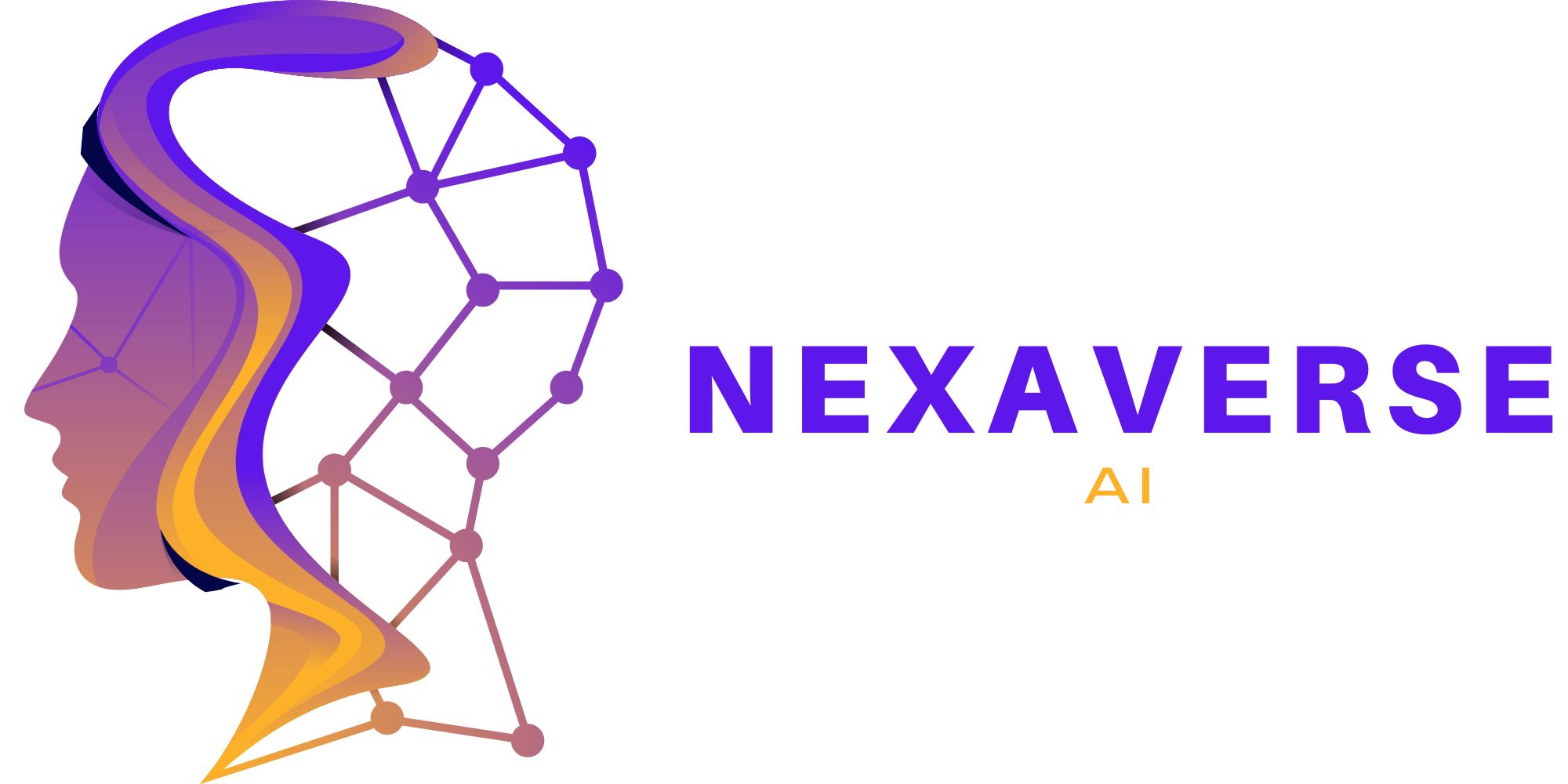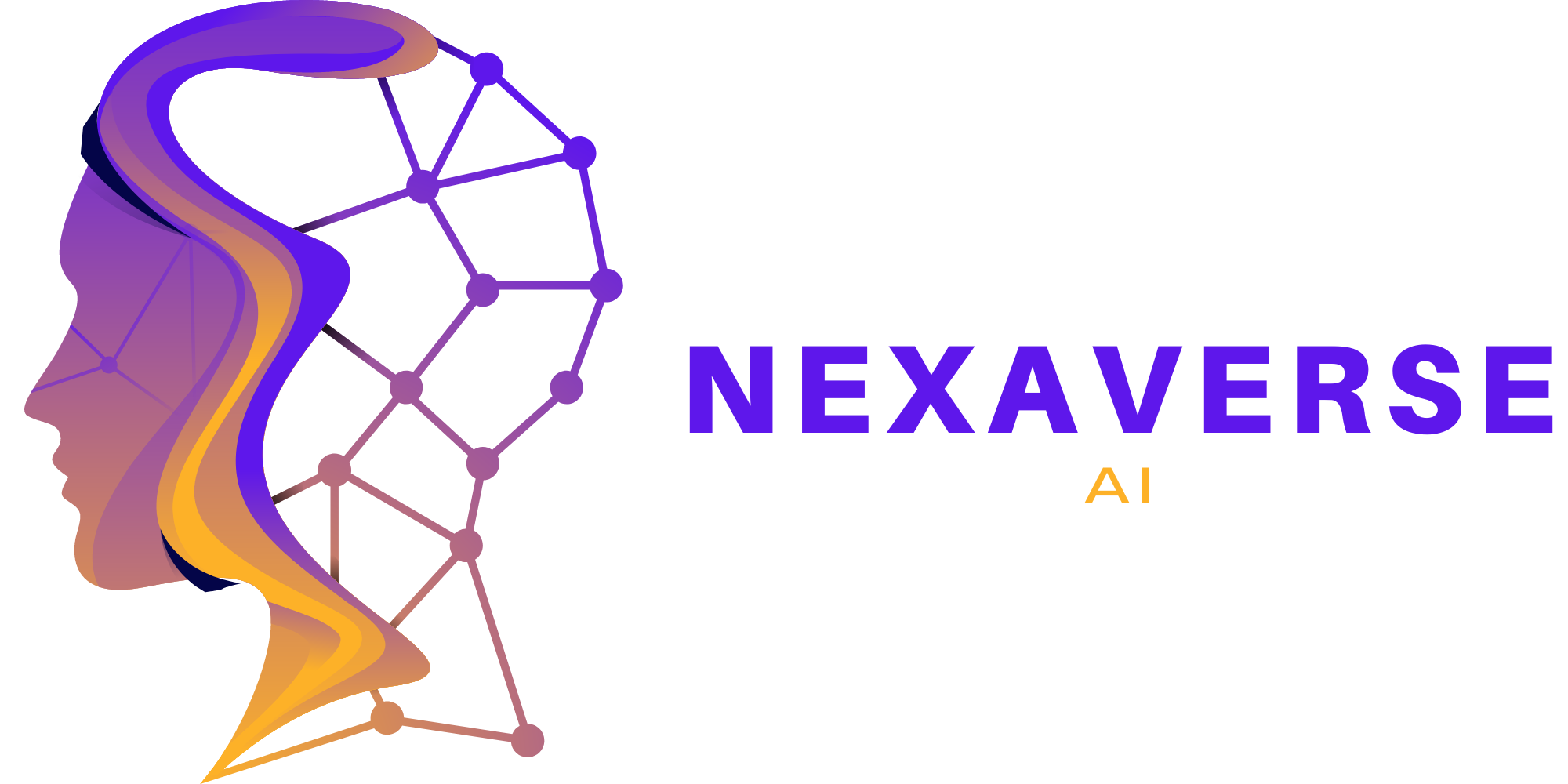AI in Education: Personalized Learning and Intelligent Tutoring Systems
Explore the exciting applications of AI in education, including personalized learning and intelligent tutoring systems. Discover how AI is reshaping the traditional classroom experience and preparing students for an AI-driven world.

Revolutionizing Education with AI
In today's rapidly evolving digital age, artificial intelligence (AI) is making its way into various industries, transforming the way we work, communicate, and even learn. One sector that is greatly benefiting from AI advancements is education. With the rise of personalized learning and intelligent tutoring systems, AI is revolutionizing the way students engage with educational content and receive individualized support. In this comprehensive blog post, we will explore the exciting applications of AI in education and how it is reshaping the traditional classroom experience.
Personalized Learning: Tailoring Education to Individual Needs
Enhancing Learning Experiences with AI
One of the key benefits of AI in education is the ability to provide personalized learning experiences to students. Traditional classrooms often follow a one-size-fits-all approach, where teachers deliver the same content to all students, regardless of their individual learning styles and pace. However, with AI-powered tools and platforms, educators can now create customized learning paths for each student, ensuring that they receive the right content, at the right time, and in the right format.
Adaptive Learning Platforms: A Game Changer
Imagine a scenario where a student struggles with a particular topic in mathematics while excelling in English. With AI, adaptive learning platforms can analyze the student's performance, identify their strengths and weaknesses, and generate personalized learning recommendations. These platforms utilize algorithms that adapt the curriculum based on the student's progress, providing targeted interventions and resources to address their specific needs.
Benefits of Personalized Learning:
- Improved student engagement and motivation.
- Higher academic achievement and retention rates.
- Enhanced critical thinking and problem-solving skills.
- Increased individualized support for students with learning disabilities.
Intelligent Tutoring Systems: AI as a Virtual Tutor
In addition to personalized learning, AI is also powering intelligent tutoring systems that act as virtual tutors for students. These systems use advanced algorithms and natural language processing to interact with students, assess their understanding of concepts, and provide real-time feedback and guidance.
Imagine a student working on a math problem. The intelligent tutoring system can analyze the student's steps, identify any errors, and offer tailored explanations to help them grasp the concept. This personalized feedback not only enhances the learning experience but also allows students to learn at their own pace, without feeling rushed or overwhelmed.
Overcoming Challenges and Ethical Considerations
While the integration of AI in education brings about numerous benefits, it also poses certain challenges and ethical considerations that need to be addressed. One major concern is the potential bias present in AI algorithms. If not carefully designed and monitored, AI systems may inadvertently perpetuate inequalities and biases, especially in the assessment and evaluation of students.
Ensuring Ethical AI Practices
To mitigate these challenges, it is crucial for developers and educators to prioritize ethical AI practices. This includes conducting regular audits of AI systems to identify and rectify any biases, ensuring transparency in how AI algorithms make decisions, and fostering diversity and inclusivity in AI development teams.
Ethical Considerations in AI Education:
- Addressing bias in AI algorithms and systems.
- Protecting student data and privacy.
- Ensuring fairness and inclusivity in AI-driven assessments.
- Promoting digital literacy and responsible AI usage.
The Future of AI in Education
As AI continues to advance, the future of education holds immense potential. Intelligent virtual assistants, augmented reality (AR) and virtual reality (VR) applications, and smart content creation tools are just a few examples of how AI will further revolutionize the learning experience. These technologies will enable students to engage with educational content in innovative ways, fostering creativity, collaboration, and critical thinking.
Preparing Students for an AI-driven World
In this rapidly evolving digital era, it is essential for educational institutions to adapt their curricula to equip students with the necessary skills to thrive in an AI-driven world. This includes emphasizing computational thinking, problem-solving, and data literacy, as well as fostering adaptability and a growth mindset. By embracing AI in education, we can prepare students for the future and empower them to become lifelong learners.
In conclusion, AI is transforming education by enabling personalized learning experiences and intelligent tutoring systems. These advancements have the potential to enhance student engagement, improve academic achievement, and provide individualized support. However, it is crucial to address ethical considerations and ensure fairness and inclusivity in AI-driven education. As we look to the future, AI will continue to shape the classroom of tomorrow, preparing students for an AI-driven world and fostering a love for lifelong learning.
Frequently Asked Questions (FAQs)
Q. How can AI personalize learning for students?
A. I-powered adaptive learning platforms analyze students' performance and provide personalized recommendations based on their strengths and weaknesses. This allows students to learn at their own pace and receive targeted support.
Q. What are the benefits of intelligent tutoring systems?
A. Intelligent tutoring systems act as virtual tutors, providing real-time feedback and guidance to students. This personalized support enhances the learning experience, allows students to learn at their own pace, and improves understanding and retention of concepts.
Q. How can AI-driven education address bias and inequalities?
A. By prioritizing ethical AI practices, such as regular audits of AI systems, transparency in decision-making, and diversity in AI development teams, we can mitigate biases and ensure fairness and inclusivity in AI-driven education.
Q. What is the future of AI in education?
A. The future of AI in education holds great potential. Technologies like intelligent virtual assistants, augmented reality, and smart content creation tools will further revolutionize the learning experience, fostering creativity, collaboration, and critical thinking.
Q. How can educational institutions prepare students for an AI-driven world?
A. Educational institutions can prepare students for an AI-driven world by emphasizing computational thinking, problem-solving, data literacy, and fostering adaptability and a growth mindset. These skills will enable students to thrive in an evolving digital landscape.




